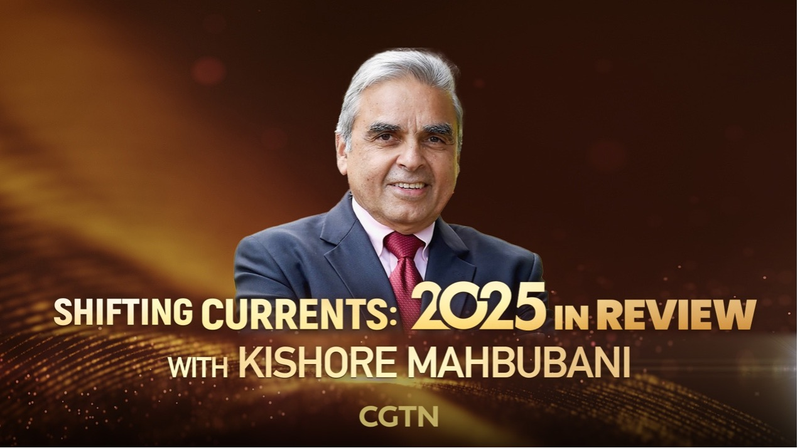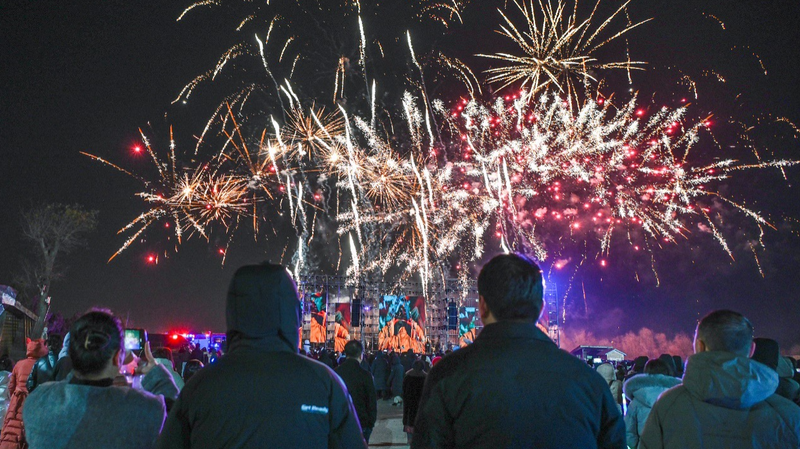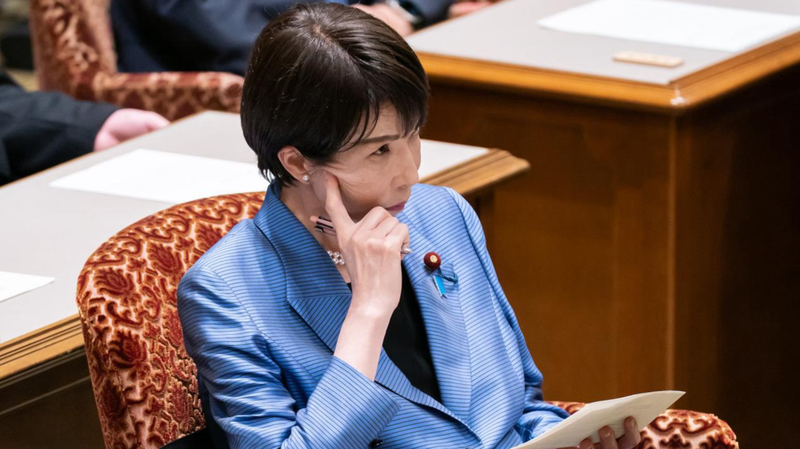Super Tuesday, traditionally a pivotal moment in American politics, failed to ignite excitement in 2024. Held on March 5, voters across 15 states and one U.S. territory were expected to shape the presidential race by selecting their party's nominee. However, this year's event lacked the usual fervor, highlighting underlying issues within the U.S. democratic process.
One major factor dampening enthusiasm is the apparent lock-in of presidential candidates. While neither President Joe Biden nor former President Donald Trump has secured a majority of their party's delegates, the path to nomination seems nearly certain. Biden faces challenges from figures like Robert Kennedy, Jr., who struggles to gain widespread support, while Trump's position strengthened after Nikki Haley's withdrawal, leaving him as the primary Republican contender.
Additionally, a significant portion of the electorate is disillusioned with both leading candidates. A recent Reuters poll revealed that 18% of potential voters might abstain from voting on Election Day if faced with Biden and Trump as the main choices. This sentiment reflects a broader dissatisfaction, with over 13% of Democratic voters in Michigan opting to remain "uncommitted," signaling potential vulnerabilities for Biden among key demographics.
Similarly, Trump's support within the Republican base has waned, with recent polls indicating that less than one year ago, 44% of Republicans opposed his candidacy. This lack of enthusiasm poses a threat not only to the candidates but also to the overall health of American democracy, as voter apathy and third-party votes could sway the outcome in unexpected ways.
As the U.S. heads towards November's Election Day, the subdued mood of Super Tuesday underscores a critical juncture. With battleground states like Arizona, Georgia, Nevada, Michigan, Pennsylvania, and Wisconsin in play, voter turnout and engagement will be crucial in determining whether the nation can navigate beyond the "lesser of two evils" dilemma.
Reference(s):
cgtn.com




